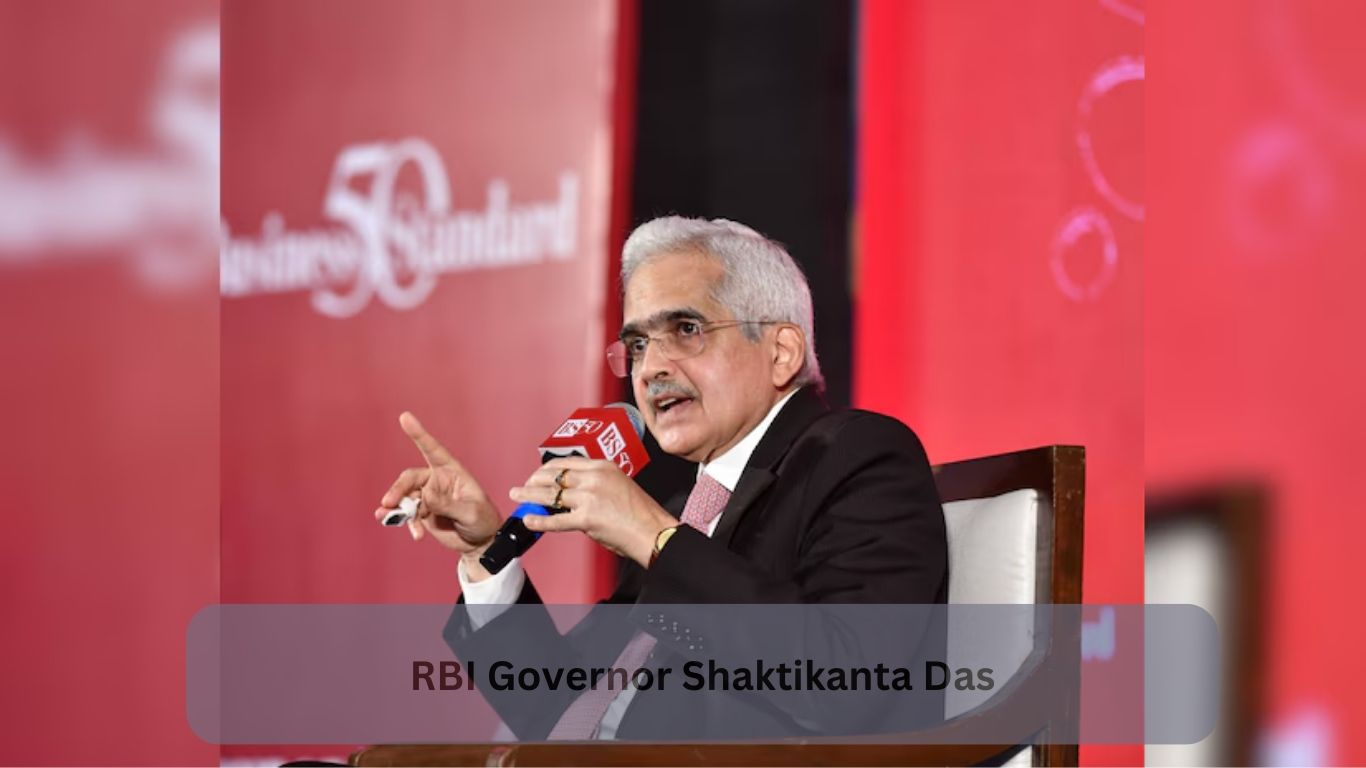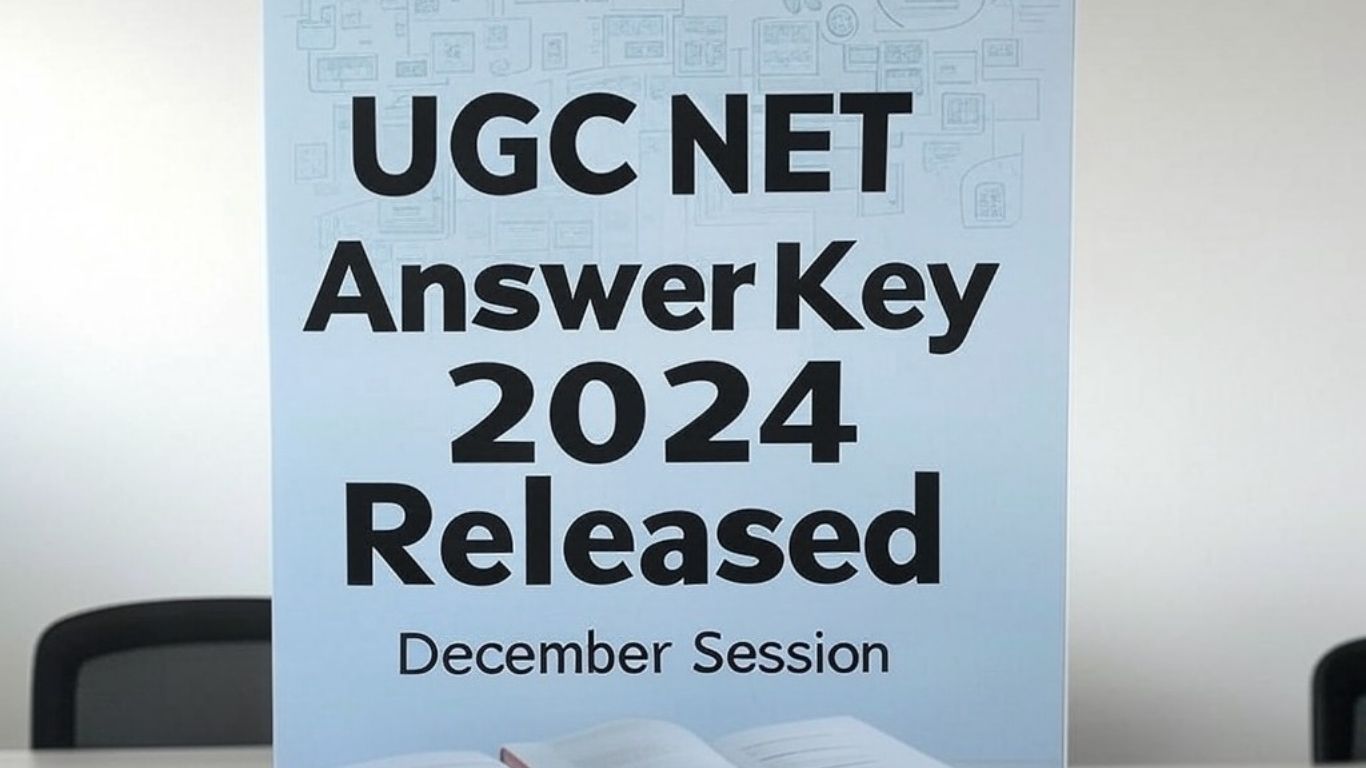Reserve Bank of India (RBI) Governor Shaktikanta Das was admitted to Apollo Hospital in Chennai on Monday night due to acidity. According to the hospital’s medical bulletin, Das received treatment and has since been discharged. An RBI spokesperson confirmed that Das, aged 67, is now in good health and recovering well.
Das, an Indian Administrative Service (IAS) officer, has served as the RBI governor since December 2018. His term, which was extended by three years in 2021, is set to expire on December 11, 2024. The government has yet to announce whether Governor Shaktikanta Das will be granted another extension. If his tenure is extended, he will officially become the longest-serving RBI governor since Sir Benegal Rama Rau.
Before taking charge as RBI governor, Das held significant roles, including serving as India’s economic affairs secretary and Sherpa to the G20 from November 2017 to December 2018. Under his leadership, the RBI has navigated crucial economic challenges, solidifying his reputation as a key figure in India’s financial governance.
Governor Shaktikanta Das is expected to preside over the final monetary policy meeting of his current term, scheduled from December 4 to 6, 2024. As speculation grows about his potential extension, all eyes remain on the government’s forthcoming decision.















